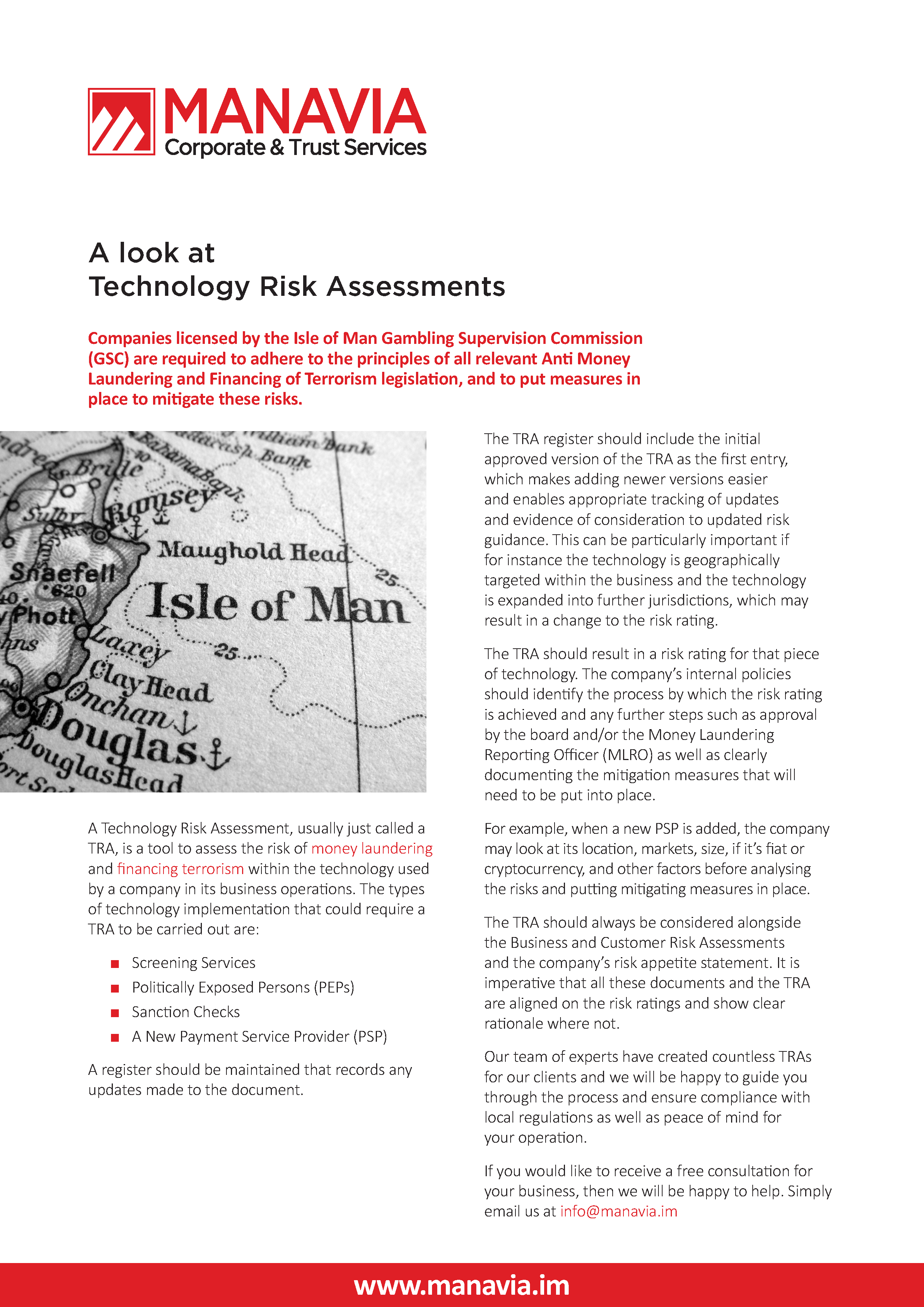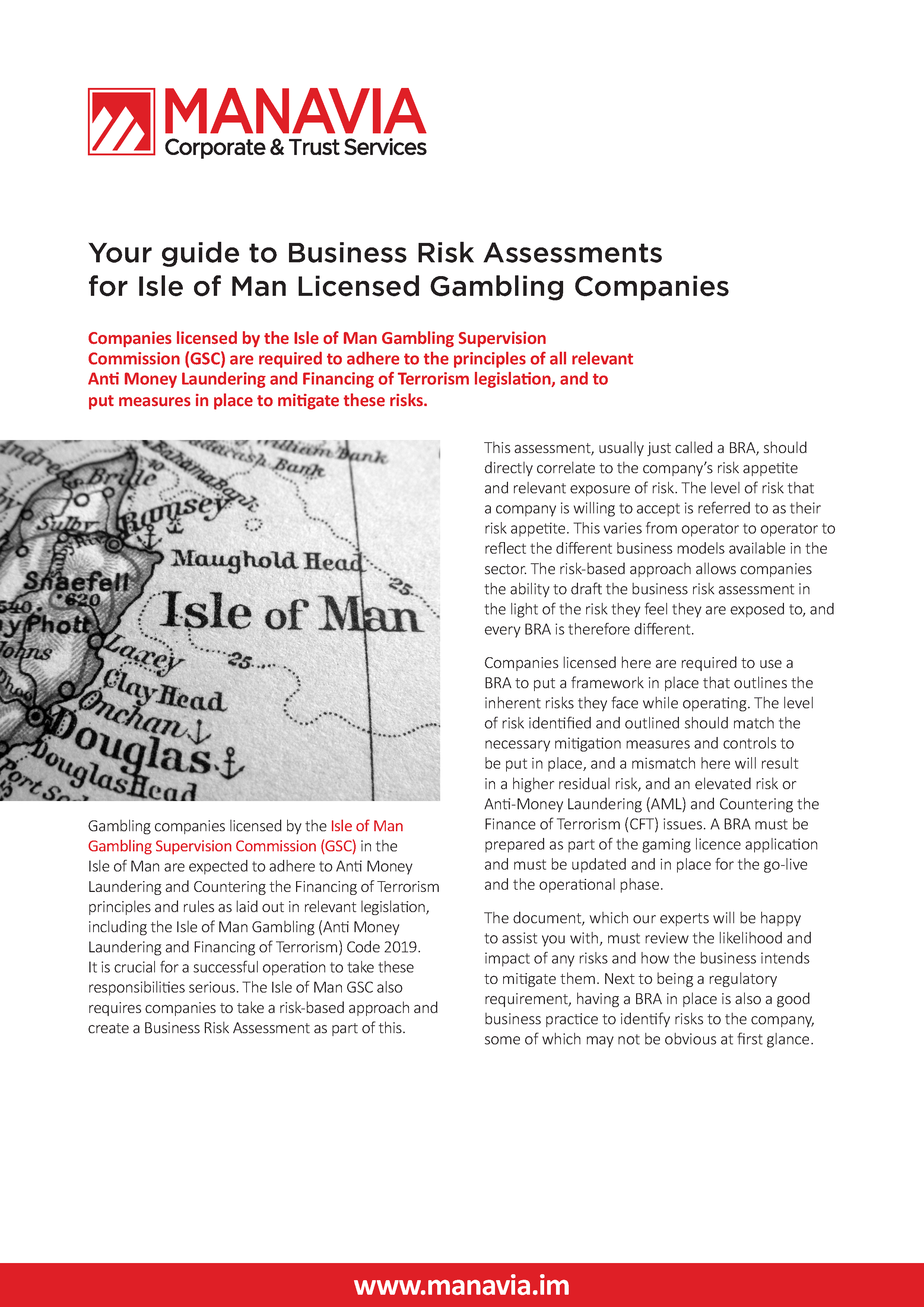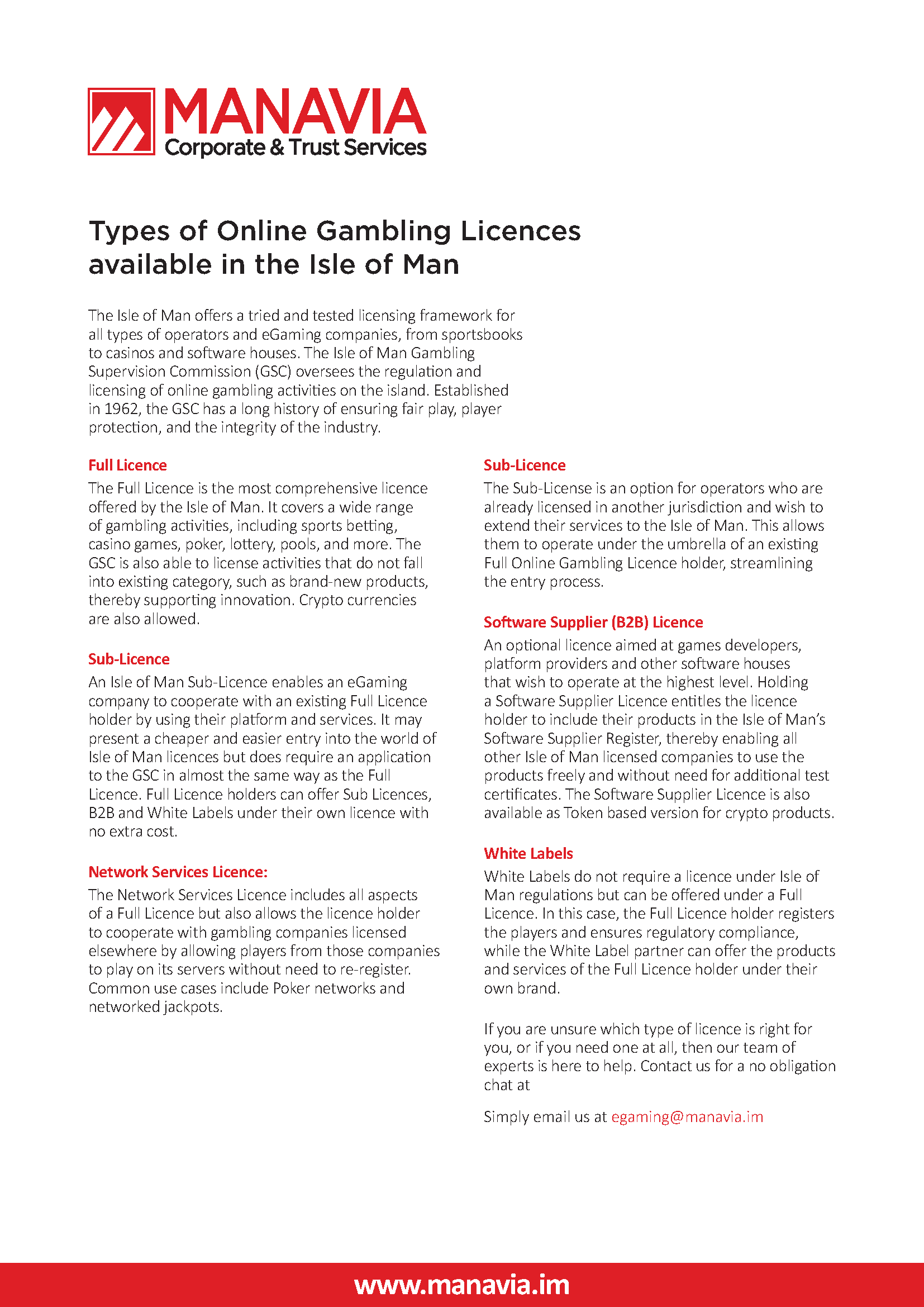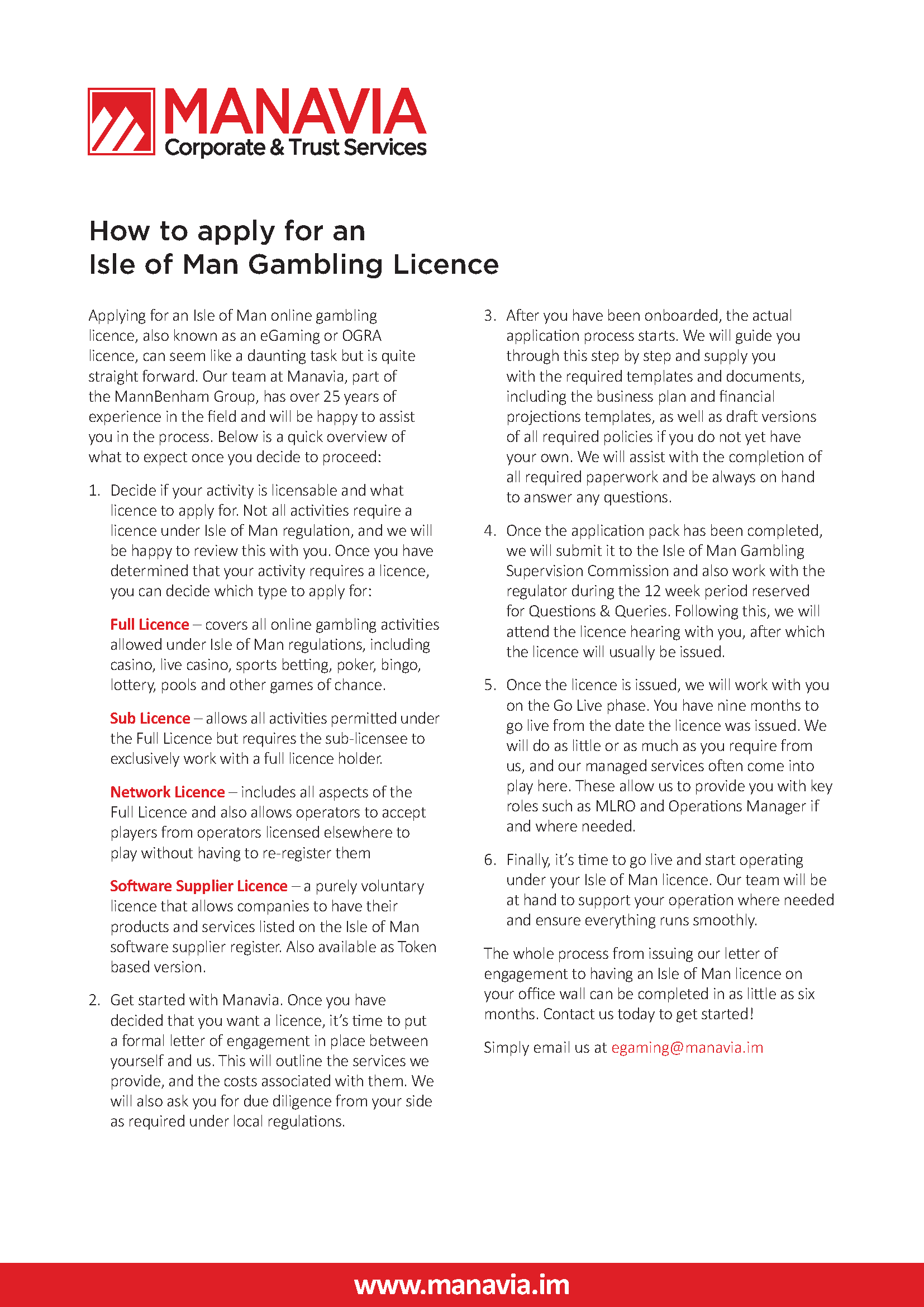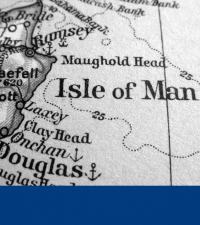What are Injunctions
Written by Christopher Webb | Head of Dispute Resolution & Senior Advocate | Injunctions was originally published on 21 May 2010
Injunctions can be sought for a number of reasons, from preventing a party from doing an act to ordering that a party’s premises are to be searched. This article will highlight three main injunction types on the Isle of Man – Freezing Orders, Search Orders and orders made under the Action of Arrest Act 1953 (“the Act”).
In order to obtain an injunctive order against another party, a claim must be made to the court setting out reasons why such an order is required. We will be able to file with the court, on your behalf, the necessary claim form to seek to obtain the order. In order to make the claim to the court, you will also need to provide us with an Affidavit stating the following:
i) The reasons why you require an injunction order;
ii) You will need to establish that you have a reasonable case; and
iii) In some cases, you will need to provide an undertaking that you will be liable to any loss suffered by the party against whom the injunction order is being made.
Freezing Orders (also known as Mareva Injunctions)
These type of injunctions were introduced in the case of Mareva Compania Naviera SA v International Bulkcarriers SA 1975. The injunction will restrain a person from dealing with certain assets or removing certain assets from the Isle of Man pending a trial. There are certain conditions that must be satisfied for a court to order this injunction, including:
- The court must be satisfied that there is a real risk that the assets will be removed from the jurisdiction; or
- The assets will be hidden in some way; or
- The asset will be dealt with successfully so as to prevent any judgment of the court being enforced against those assets.
If any of the above conditions can be established, then the court may make an order to freeze activity on the respondent’s assets. The order may be made against all assets, specified assets or general assets of the respondent.
It is important to realise that a freezing order will normally be granted to ensure that the respondent has sufficient assets in this jurisdiction to meet any financial claim being made against them, and/or to be able to satisfy any costs orders made against them subsequent to the trial. As such, a court may decline to grant this order should the respondent show to the court that he has sufficient assets in the jurisdiction, or indeed in the UK to satisfy any claim being made against him.
This type of order can be sought by any person in the world having an interest in a dispute against any assets of the respondent to the dispute, whether the assets be situated in the Isle of Man or whether they be out of this jurisdiction.
Search Orders
This is an order which will require a respondent to allow a search of his premises and allow seizure of goods, documents, and other items from that property. It was introduced in the case of Anton Piller KG v Manufacturing Processes Limited 1976. The purpose of this order is to prevent material evidence to a case from being destroyed.
To obtain this order, an application must be made to the court. Again, we will be able to assist you in making this application. It is also necessary to satisfy certain conditions to receive the order, including:
- You must be able to show that you have a strong case against the respondent;
- It must be established that you would suffer serious damage, for example unfairness at trial, if the order was not granted; and
- Show that there is irrefutable evidence and that there is a real possibility that it will be destroyed.
Action of Arrest Orders
This type of order is uniquely Manx. The order is available to creditors who are based inside or outside of the Isle of Man, against a debtor resident in the Isle of Man against assets in the Isle of Man. The Act provides for two possible remedies to creditors.
The first remedy allows for the court to make an order for a debtor to be arrested. In order for the court to make such an order, a written application must be made to the court. This was demonstrated in the case of Gibson v Chadwick Knight. The creditor must satisfy certain conditions for the court to make the order including:
- Show that you have a good case against the debtor;
- Establish that you have good grounds to believe the debtor is going to depart the Isle of Man and remain abroad; and
- Show that the debtor has not settled the debt.
If the creditor can satisfy the above conditions, then an order may be made for the arrest of the debtor. In order to obtain this remedy, a claim is to be made to the court in writing. We are able to assist in this respect. It is important to note however, that the orders made under the Act are seen as draconian by the courts and they will be reluctant to make such orders if they can be avoided by an alternative method of dealing with the matter.
However, there is remedy set out under the Act to have the assets of a debtor arrested by the court. Again, certain conditions are to be satisfied by the creditor, including:
- The need to show a good case against the debtor;
- Show that the debtor is removing all or a substantial amount of his assets from the jurisdiction; and
- The debtor will remain absent without settling an amount owed of at least £20.00.
If these conditions are satisfied by the creditor, then the court has the power to make an order against assets of the debtor to be seized to satisfy the judgment amount against the debtor.
Should you feel that you may have an action against another, and would like more information on the likelihood in succeeding in obtaining an injunction against that person, then please contact a member of our Litigation team.
This guide only provides a very brief overview of some of the main points regarding injunctions. It should not be taken to be a providing legal advice or providing a comprehensive guide to injunctions.



